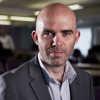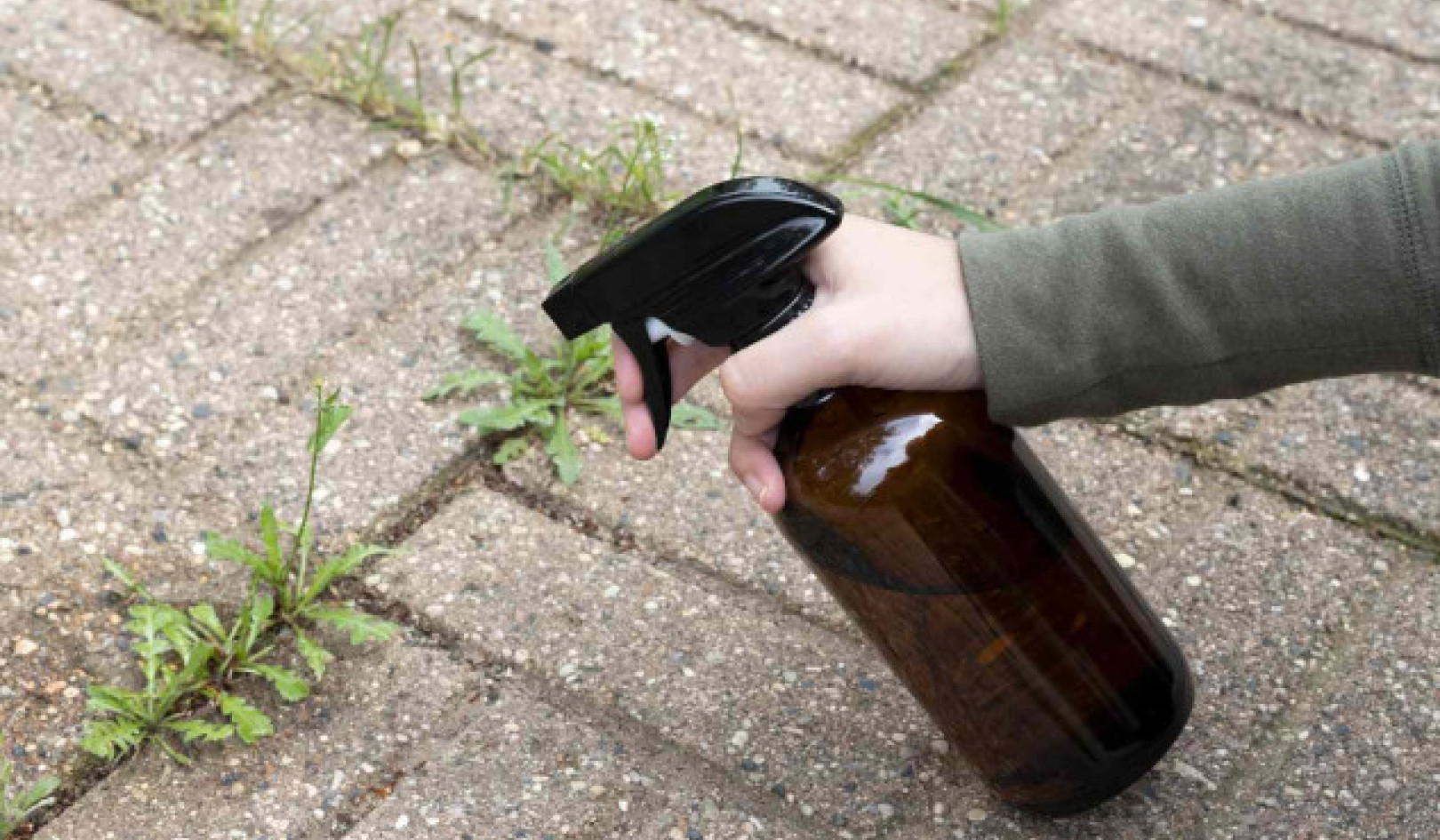
Geezers and girls literally ain’t allowed to use slang words like “emosh” (emotional) anymore. The head teacher and staff of an academy in Essex, England appear to have taken great pleasure in banning the type of slang used in reality television series TOWIE, including many of the words in the above sentence, in a bid to improve the job prospects of their students.
Head teacher David Grant reportedly believes that by outlawing certain words and phrases and forcing students to use “proper English”, they will be in a better position to compete for jobs with non-native English speakers who may have a better command of the language. The way forward, he believes, is for young people to be using “the Queen’s English”, and not wasting time getting totes emosh about some bird or some bloke.
While nobody would doubt the good intentions behind such a scheme, it simply isn’t the way to go about achieving the desired aims. Of course, there’s always the possibility that this is all part of some clever plan to raise awareness and generate debate among the students about the language they use; in which case, great. Unfortunately, phrases such as “proper English”, “wrong usage” and “Queen’s English” suggest a very different and alarmingly narrow-minded approach to language.
Indeed, banning slang in schools is a short-sighted and inefficient way of trying to produce young people who are confident and adaptable communicators. What we should be doing is encouraging students to explore the fluidity, richness, and contextual appropriateness of an ever-changing language.
The fact is, there really is no such thing as “proper English”; there is simply English that is more or less appropriate in a given situation. Most of us would agree that “well jel” (very jealous) or “innit” have no place in most job interviews, but they do have a place elsewhere. Similarly, some people might get annoyed at what they see as the overuse of “like”, but it’s as much a part of young people’s language as “cool”, “yeah”, or “dude” might have been to their parents in their day.
This isn’t the first time a school has gone down this particular route in the quest to create more employable school leavers. In 2013, Harris Academy in south London produced a list of banned slang words and phrases including “bare” (alot), “innit” and “we woz” in a bid to improve their pupil’s chances. Fast forward to 2015 and the policy was hailed a success, with the “special measures” school now being rated “outstanding”. But are we really to believe that this turnaround was purely due to eager staff policing children’s use of a few slang words? Isn’t it perhaps more likely that the new leadership team brought with them rather more than a naughty words list?
Language in flux
What is always missed in these discussions is that English is in a constant state of change, and this change simply can’t be stopped. You can hang on to your belief that “literally” can only mean “in a literal manner” as much as you like, but you can’t change the fact that it has another, equally legitimate, meaning. You can disapprovingly count the number of times your teenage son or daughter says “like” in a single conversation, but you can’t stop its rise in English in general.
Which is why a ban is so pointless. All it can possibly achieve is to make young people self-conscious about the way they speak, thus stifling creativity and expression. Do we really want the shy 13-year-old who has finally plucked up the courage to speak in class to be immediately silenced when the first word he or she utters is “Like…”? Or would we rather the teacher listens to what they have to say, then explores how the use of language can change the message, depending on the context? In other words, celebrate language diversity rather than restrict it.
And this is precisely what English language teachers do every day in their classes. Learning about language variation, about accents, dialects, and slang is all part of the curriculum, especially as they head towards A level. I can only imagine how frustrated they must be when their senior staff then seek to publicly undo their good work by insisting on outdated, class-based, culturally-biased notions of correct and incorrect usage.
In an English language class, students are taught how the ways in which we use language are part of how we construct and perform our social identities. Unfortunately, their break-times are then patrolled by some kind of language police who are tasked with ensuring those identities aren’t expressed (unless, presumably, they happen to be performing an acceptably middle-class job applicant identity at the time).
Different language is appropriate for different contexts. Yes, using TOWIE slang is inappropriate in a job interview, but no more inappropriate than using the Queen’s English in the playground. Unless you’re the Queen, obvs.
About The Author
 Rob Drummond, Senior Lecturer in Linguistics, Manchester Metropolitan University. He is involved primarily in sociolinguistic variation, urban adolescent speech, accents and dialects, and linguistic ethnography.
Rob Drummond, Senior Lecturer in Linguistics, Manchester Metropolitan University. He is involved primarily in sociolinguistic variation, urban adolescent speech, accents and dialects, and linguistic ethnography.
This article was originally published on The Conversation. Read the original article.
Related Books
at InnerSelf Market and Amazon

























